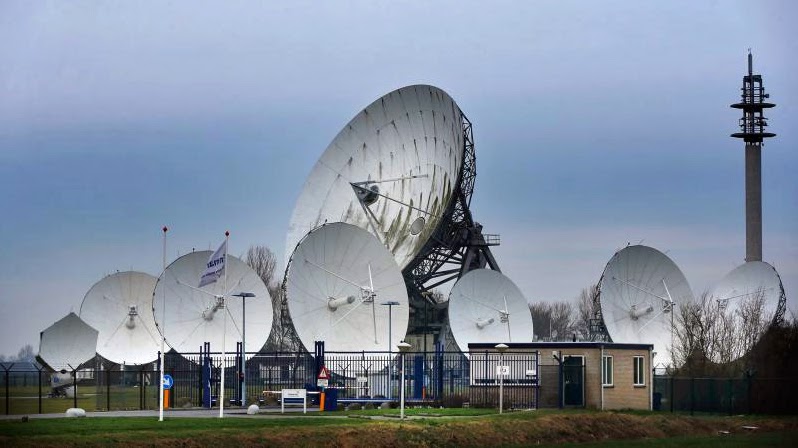- ‘Nigeria Needs $1.4bn to Purchase STBs for Digital Switch Over’
Having missed the June 17, 2017 deadline for the entire Digital Switch Over (DSO) process, which commenced since 2006, the Director General of the National Broadcasting Commission (NBC), Mr. Ishaq Modibbo Kawu, has said that Nigeria needs as much as $1.4 billion to purchase Set-Top-Boxes (STBs), in order to achieve 95 per cent access to free digital television content across the country.
Kawu who made the disclosure in Lagos recently, while briefing journalists on Nigeria’s preparation for the DSO process, said the country needed up to 32 million STBs to cover its 190 million population, and provide them with quality digital television contents.
STBs are small digital boxes, which receive and convert digital signals into viewable contents.
According to Kawu, the average Nigerian family in a home is six and if each home has one Set-Top-Box, then the entire population of 190 million will need up to 32 million STBs, costing $1.4 billion at the rate of $45 for each STB.
He said that the government subsidises each STB at the rate of N1,500, which he said, had been a huge cost on government.
He however said the government had concluded plans to reduce cost of STBs to as low as $20 for each box, by encouraging local production of STBs in Nigeria.
In order to achieve cost reduction on the STBs, Kawu said NBC licensed 13 local manufacturers of STBs, to commence local manufacturing in Nigeria at reduced cost.
Giving further details of the Set-Top-Boxes, Kawu said the licensed Set-Top-Box manufacturers had committed resources to the importation of 850, 000 STBs from China, but that the NBC had issues with the payment, following the seizure of its funds by the Economic and Financial Crimes Commission (EFCC), during the past administration of the NBC.
He however said President Muhammadu Buhari, who had always been convinced of the importance of Nigeria’s DSO process, finally approved release of the seized sum of N10 billion to the NBC in September 2016.
“So far, a total of 745, 480 STBs have been imported into the country; 566, 478 have been delivered, while 485, 409 have been sold and 332, 095 were activated in Jos and Abuja. Our call centre has been very busy. As at June 11th, 2017, one of the appointed call centre managers, The Outsource Company (TOC), has received 796, 026 calls from customers. It equally received 21, 369 complaints for various challenges.
“We are engaging with the Nigerian Governors’ Forum, so that the states can partner us, especially in the procurement of Set-Top-Boxes as well as critical assistance for the installation of transmission systems in their various states by our signal distributors,” Kawu said.
Commending the federal government for its commitment to helping the NBC achieve full coverage in the entire DSO process, Kawu said: “We would like to thank President Muhammadu Buhari, who stated last December, through Vice President, Yemi Osinbajo, that Nigeria is irrevocably committed to the DSO. We have continued to receive the support of the federal government and we would like to place on record too, the tremendous support of the Senate and the House of Representatives, in the entire DSO process.”


 Billionaire Watch3 weeks ago
Billionaire Watch3 weeks ago
 Startups4 weeks ago
Startups4 weeks ago
 News4 weeks ago
News4 weeks ago
 News4 weeks ago
News4 weeks ago
 Bitcoin4 weeks ago
Bitcoin4 weeks ago
 Naira4 weeks ago
Naira4 weeks ago
 Forex3 weeks ago
Forex3 weeks ago
 Treasury Bills4 weeks ago
Treasury Bills4 weeks ago
























